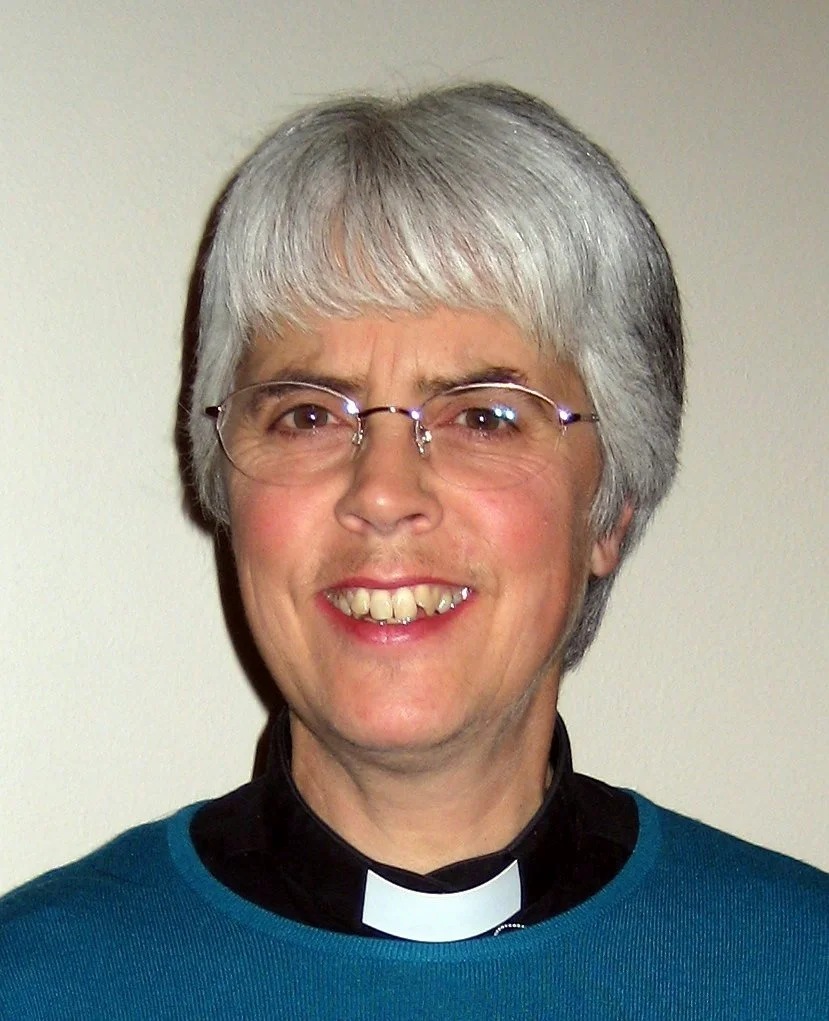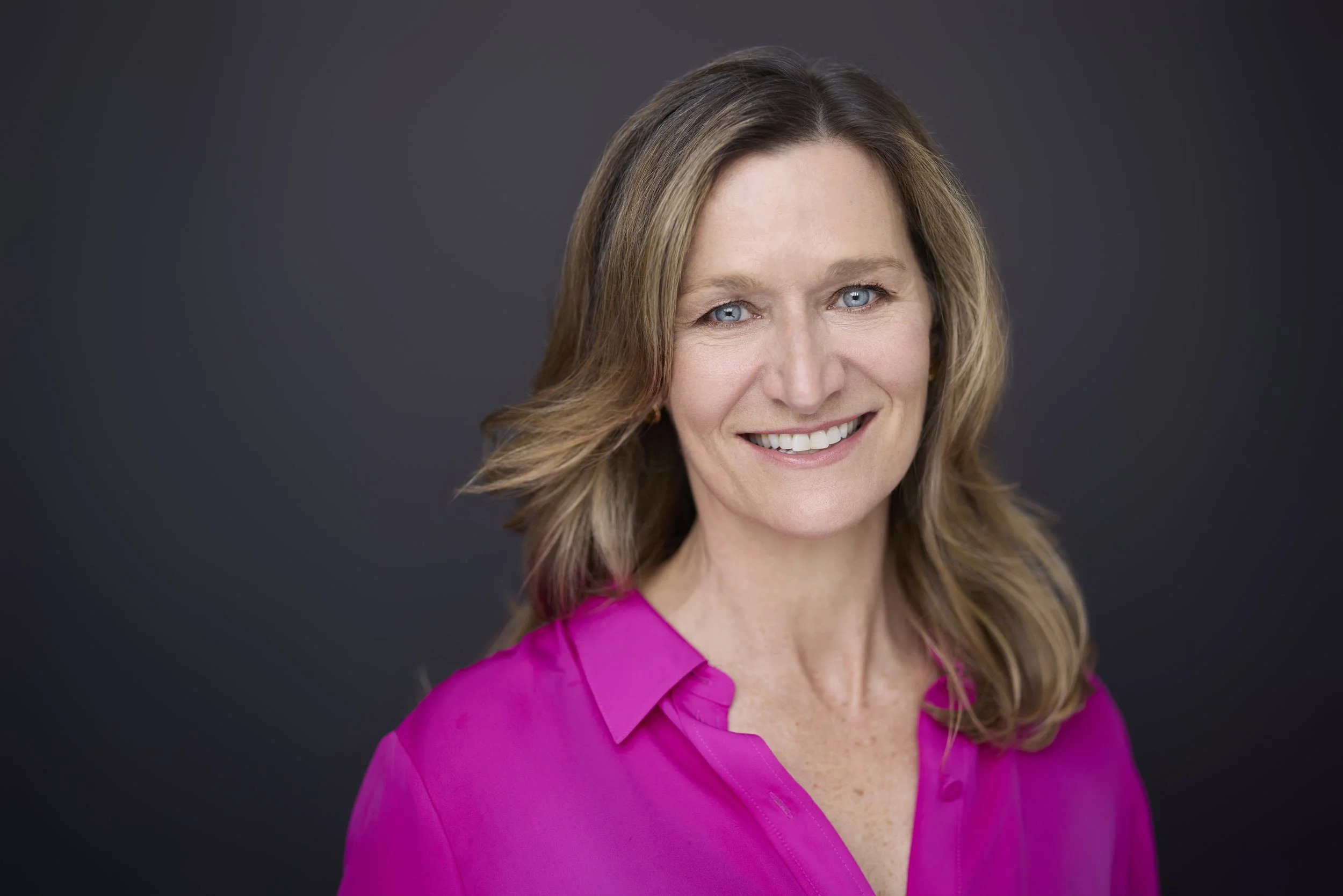Why the next big safeguarding scandal in the Church is likely to be the abuse of women
Saying no to theologies that diminish women is not only a matter of justice it is a safeguarding issue. There’s plenty of evidence that women are suffering abuse in the Church and it is being covered up.
‘Stop making bishops for specific groups’
One of the 1994 cohort of female priests writes of her disappointment that women are not fully accepted in the Church of England and still face discrimination.




















